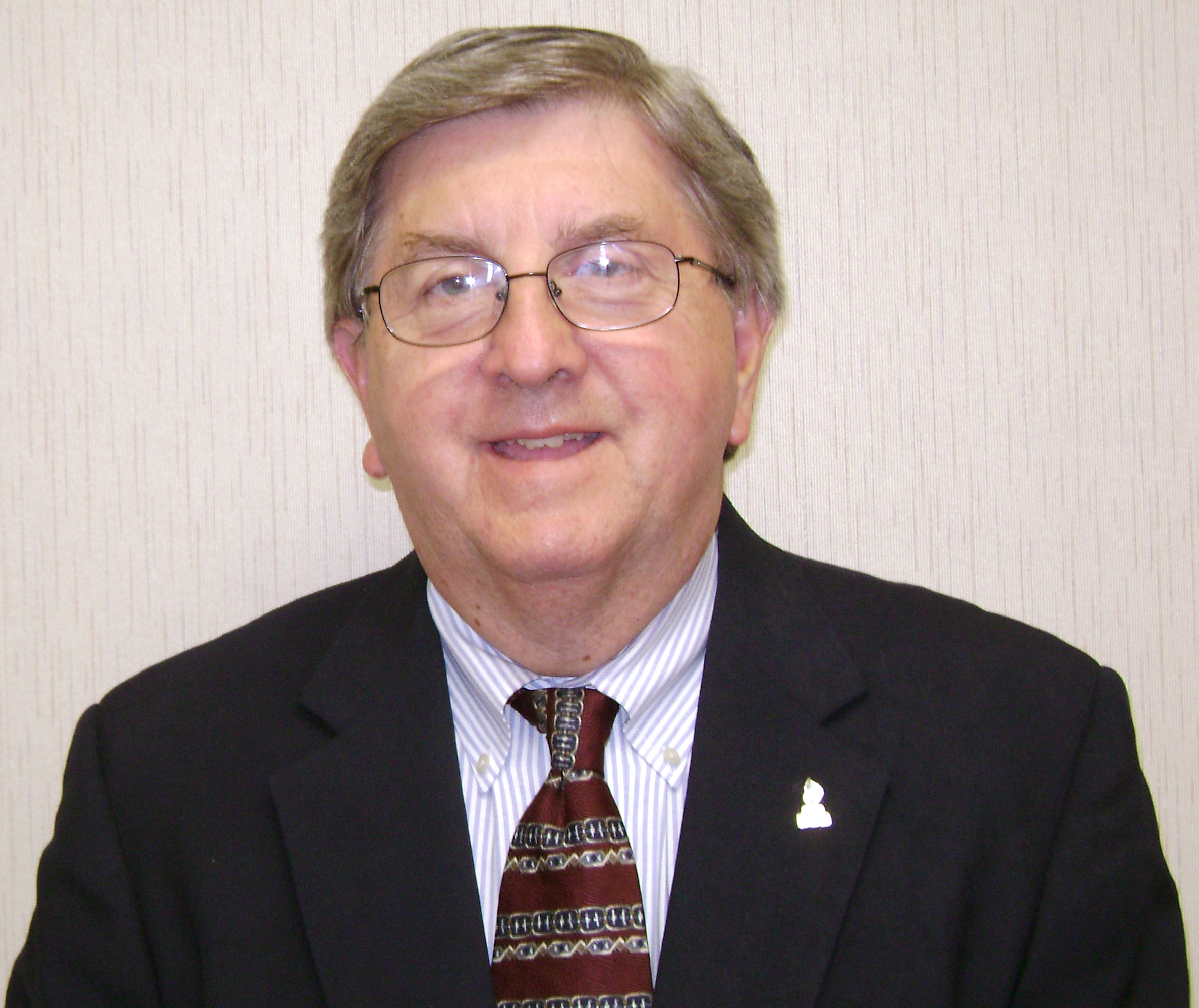Q. It is a new year; what resolutions should I consider in 2018 regarding my financial and personal identity health?
A. The start of a new year brings the opportunity for a fresh start. People are resolving to exercise and eat healthy to get in shape, but what shape are your finances and personal information in?
Your BBB serving Southeast Tennessee and Northwest Georgia offers the following steps for protecting your personal and financial information and to stay in tip top shape:
1) Check your credit report for free at AnnualCreditReport.com or by calling 1-877-322-8228. Review it closely for errors and report any inconsistencies you see. Checking your credit report helps you catch signs of identity theft early.
2) Sign up for the Do Not Call Registry by visiting donotcall.gov, or by calling 1-888-382-1222. This should reduce the number of telemarketing calls you receive at home. You can also register your cell phone number on this list. Do not answer any call you do not know.
3) Be on the lookout for new Medicare cards that will be issued beginning in April 2018 to 2019. Medicare will never call you asking for personal or financial information.
4) Dispose of older bank and credit card statements, expired credit cards and unwanted credit card solicitations securely by shredding them with a cross-cut paper shredder.
5) When using public Wi-Fi connections, such as in airports, don't make any purchases, do any online banking or share any sensitive personal information. Public means public, and fraudsters are known to frequent Wi-Fi hotspots and sometimes even set up hotspots of their own. Always verify the network before accessing it. Always check the URL for https: the (s) is for secure.
6) If you receive an offer or solicitation, research the company or charity for free with Better Business Bureau at www.bbb.org/chatanooga or call 423-266-0396.
7) Never respond to phone calls or emails asking to "verify" your personal information. Your bank, your credit card provider, Medicare, the IRS - none of these organizations will call or email asking for your confidential information. They already have it on file.
8) Secure or lock sensitive personal documents around your home. This is especially important if you have home care providers, employ outside help or are having work performed in your home.
9) Scammers know it's extremely difficult to track money sent via MoneyGram or Western Union, so never wire money to someone you don't know. More troubling for victims is the fact that it's nearly impossible to get your money back once it's been sent via wire. Even if you've been given a check to cover the amount you're wiring, never send money to someone you don't know personally. The check could be fraudulent, leaving you liable for the money.
10) Change your email and social media passwords and "beef up" your security by creating hard-to-crack passwords and employing two-factor authentication whenever possible. Choose passwords that are easy for you to remember but difficult for others to guess. Incorporate a combination of numbers, capital letters and symbols. Never do business with a "tech support" company that contacts you over the phone or internet.
It is difficult and nearly impossible to protect yourself completely from fraud and scams, consumers who take these steps will be doing a lot to keep themselves safe and secure in the coming year.
Jim Winsett is president of the Better Business Bureau in Chattanooga.

